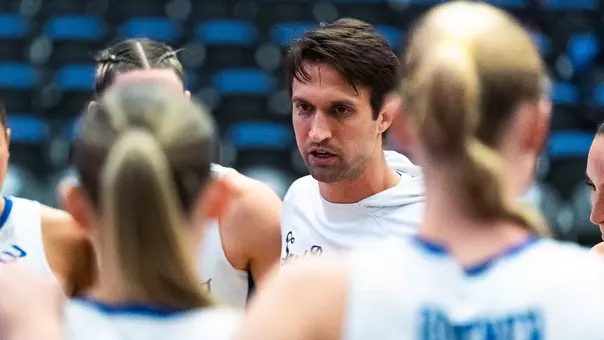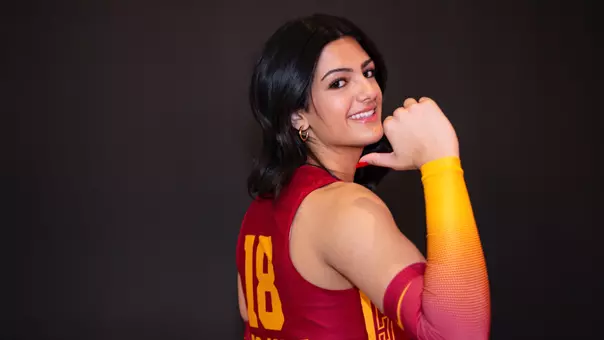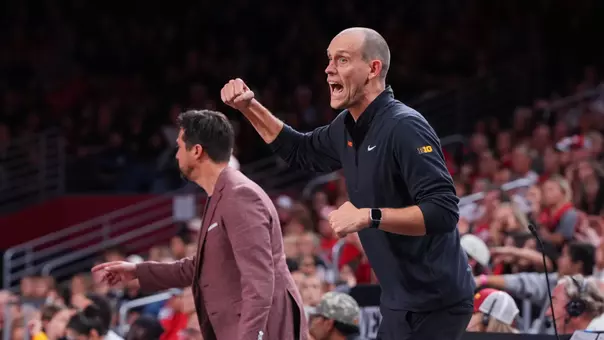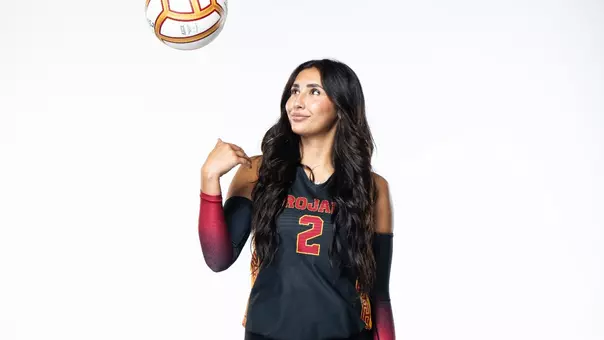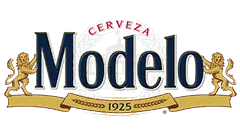University Southern California Trojans
Teamwork and Schoolwork: You Can Do Both
June 21, 1999 | Women's Volleyball
May 7, 1999
Coming into her senior year, Alaina K. Kipps was so certain of victory that the co-captain of the USC women's volleyball team could almost taste it.
For the first time in recent memory, USC ranked among the nation's top four teams, and the NCAA Division I championship seemed within the team's grasp. But five matches into the season, the highly-honored middle blocker blew out her knee - and with it her hopes of a championship season. In December, USC was eliminated in the NCAA regional semi-finals.
"It's been a tough year," Kipps says.
So imagine the psychobiology major's pleasure in securing the other title on which she had set her sights: class valedictorian.
"I would give up any personal honor to help my teammates win the championship, but it's satisfying to leave this school a winner," Kipps says.
The 21-year-old Santa Cruz native who deliverd the valedictory at USC's May 14 Commencement is the first athlete to be named valedictorian since All-American water polo player Craig S. Furniss split the honor in 1981 with Ramona L. Cappello.
"For people who judge athletes as incapable of honor classes, I'm happy to say you can do both well - the teamwork and the schoolwork," Kipps says.
But the pre-med student who attended USC on an athletic scholarship is the first to admit it wasn't easy. Her athletic career demanded four hours a day of training five days a week. During volleyball's five-month season, matches consumed every Friday and Saturday. Every other weekend, Kipps traveled with her team members to their competitors' court.
Back at campus, the demands of not one but two honors programs awaited her. In the psychobiology program, she plowed through weekly labs, complicated research projects and a thesis. Then as a freshman, she enrolled in USC's Thematic Option Program - a demanding general education curriculum in the humanities on a par with that in the most elite liberal arts colleges. On the side, she even managed to play the French horn in USC's concert band.
"Looking back, I don't know how I did it," Kipps says. "Every semester I thought I couldn't pull it off."
But Kipps did more than that. After serving as a reserve in her freshman and sophomore years, the 6-foot-2-inch athlete started in her junior year as one of the varsity team's two middle blockers. Middle blockers in volleyball are what linebackers are in football - a team's first line of defense, the first opportunity to block an opponent's attack. Kipps' 151 block assists in 1997 were a USC season record and her 172 total blocks were fourth on the university's all-time list. With a 1.61 blocking average that year, she ranked second on the all-time USC season chart - and seventh in the nation.
"She's one of those where you think, 'Man, it was a privilege to coach her; I'm the lucky one,'" says Lisa Love, the former coach of the women's volleyball team and current associate athletic director.
Every bit as much a winner academically, Kipps is graduating with a 4.O GPA. She was a state finalist last semester for a Rhodes Scholarship and a member of four honor societies, including the USC chapter of Psi Beta, which targets psychobiology majors. The group this year elected her as co-president.
Kipps won a fellowship to conduct original research last summer at the LAC + USC Maternal Child HIV Research and Management Center. She used the award to explore ways of improving compliance levels among HIV-positive children who are loath to take their medicine. Having been accepted to Harvard Medical School, Kipps hopes to become a pediatrician or a surgeon.
"She's much more than a 4.0 student," says William O. McClure, Kipps' academic adviser and a professor of biological sciences and neurology. "Alaina is brilliant - she sparkles."
The eldest of three daughters, Kipps says she got her work ethic from her father, Santa Cruz pulmonologist David Kipps, and her mother, high school English teacher Margo Kipps.
"In my family," she says, "the way you show your love is how hard you work."
Kipps spent her high school senior year as an exchange student in Spain, where she picked up Spanish. When she returned, she played on the gold medal squad at the 1995 Junior Olympics. Recruited far and wide, she selected USC in part because she would be able to work on faculty research projects as an undergraduate. At the time, Kipps was hoping to follow in the footsteps of her uncle Thomas J. Kipps, a prominent researcher in hematology and genetic medicine.
Working side by side with USC professors in their labs did help Kipps get a better fix on her future, but not for the reasons she originally expected.
"I realized I just don't have the patience for research," she says. "If I got results, it felt like I wouldn't be able to help people for 25 or 50 years. I want to have a more immediate impact."
It was through the Joint Educational Project, a program that links undergraduates with volunteer opportunities, that Alaina says she found herself. Keenly aware of the heavy demands that her father's patients put on him while she was a child, Kipps had misgivings about setting her sights on a clinical practice. But volunteering at a neighborhood health clinic in her junior year, Kipps realized she was in her element.
"The moms would trust you so much when you were able to communicate in Spanish," Kipps says. "They'd say, 'So what is wrong with him?' as if I were a physician. It was so nice to have that look in their eye. I would say, 'I'm not the doctor, but he'll be with you shortly.'"
Correction: She'll be with you shortly.

